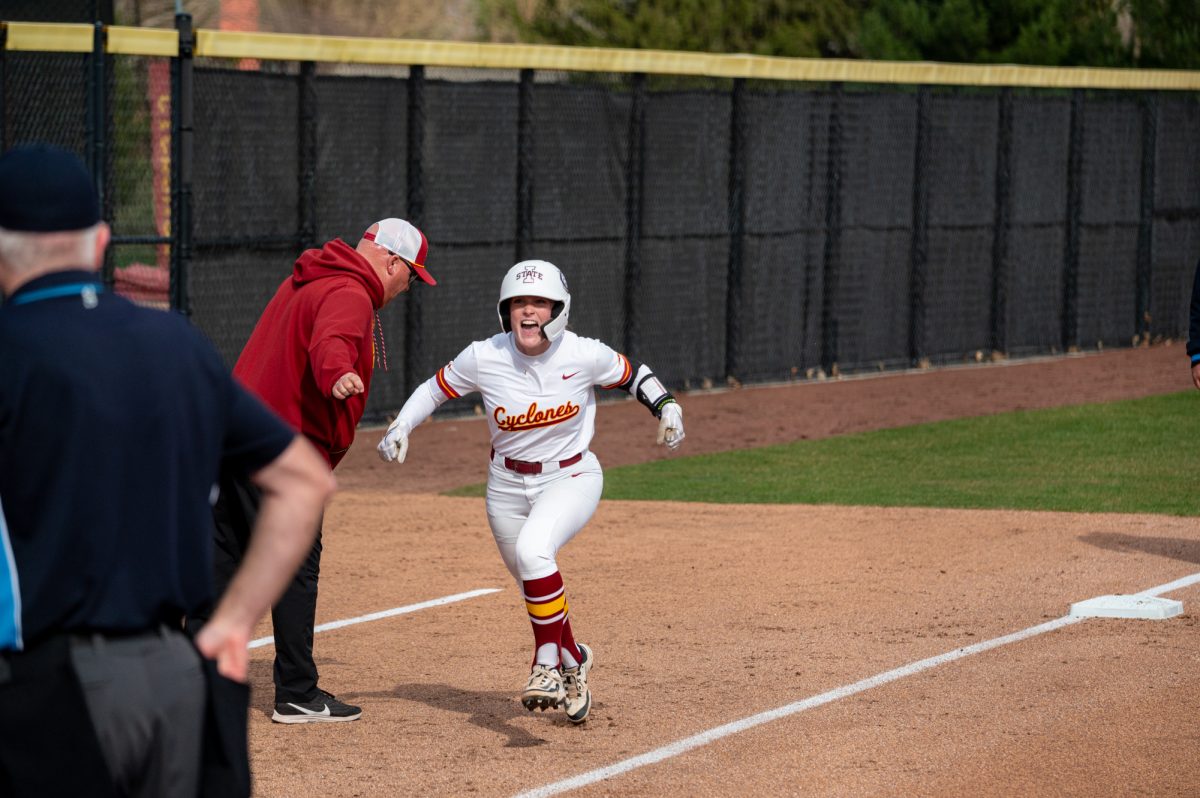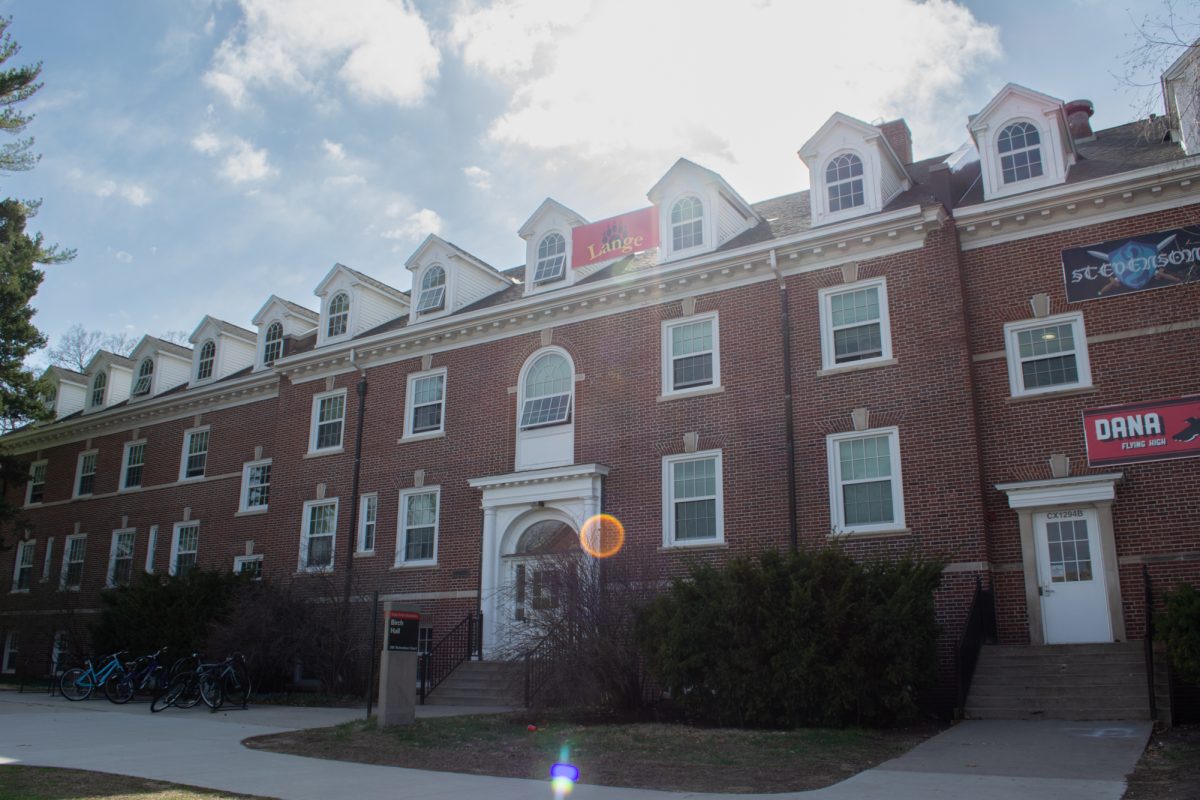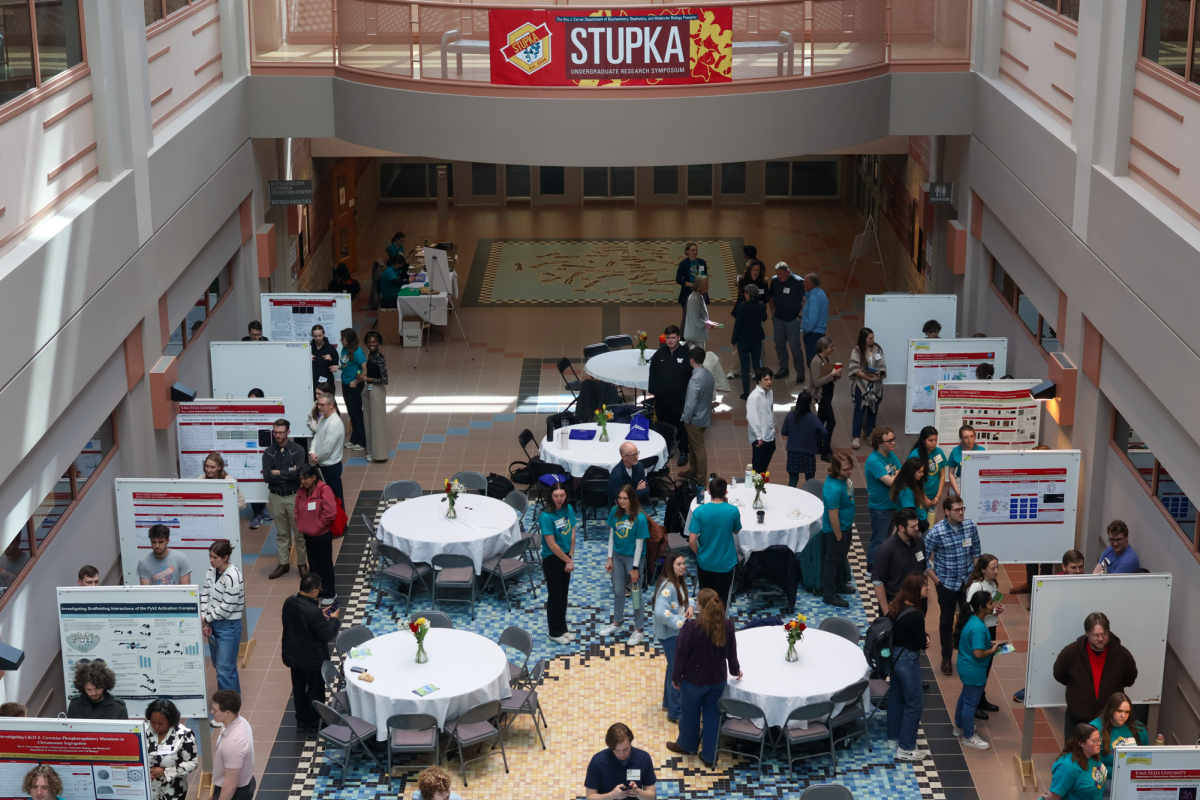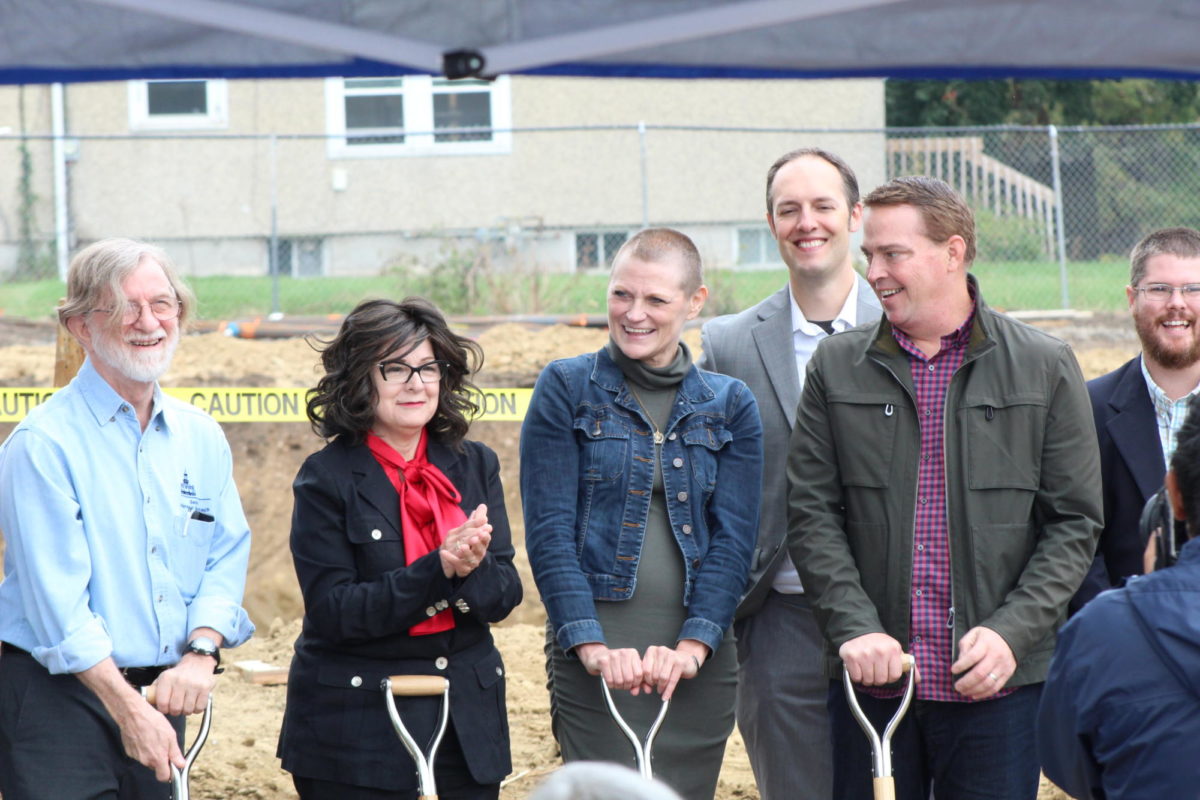Young Democrats to host weekend conference about 2012 elections
September 29, 2011
On Sunday, Democratic representatives from college chapters and youth organizations all around Iowa will be heading to Des Moines to attend the College and Young Democrats of Iowa’s first ever fall conference in Alliber Hall at Drake University.
This conference has been a much-anticipated gathering that is meant to prepare the young people of Iowa for the 2012 elections. And with the pendulum of the country’s political ideology going back and forth every two years, many consider the 2012 elections, especially in Iowa, to be a pivotal tell-all for the rest of the country.
“This conference is a chance to get all of the chapters together, mobilize them and prepare them for the upcoming 2012 election,” said CYDI’s communications director Margaret Murphy.
One key issue for both parties in the upcoming elections is the new congressional redistricting map that came as a result of the recent census. Iowa currently has five representatives it sends to the House of Representatives, but with population change, the state will be reduced to four congressional districts, which changes the game a bit for congressional campaigns, especially in Ames.
However, the Democrats are very excited about the hopes for former first lady of Iowa Christie Vilsack, running in Iowa’s newly drawn fourth congressional district against likely opponent Republican Rep. Steve King.
“We are very excited about Christie Vilsack’s campaign,” said CYDI President Austin Frerick, “and Iowa State University is one of our huge priority chapters because of it … Rep. Steve King is too far to the right.”
The conference is expected to turn out between 30 and 50 representatives from across the state and will be highlighted by speeches from Iowa Democratic Party Chairwoman Sue Dvorksy and CYDI honorary chair Matt McCoy, a state senator from Des Moines.
Both the Iowa Democratic Party and the CYDI are banking on the efforts of grass-roots movements like college students and young people to be a main driving force in 2012 similar to what swung President Barack Obama and Democrats into power in 2008.
“We are definitely trying to get people involved on their campus,” Murphy said, “and our focus is getting a strong showing at the caucus so we are ready to campaign. Support for Obama trickles down to other candidates.”
One of the main hurdles for the Democratic Party in Iowa has been the extreme split between rural and urban voting patterns. As predicted, rural areas usually vote Republican while urban centers lean Democratic; this causes a headache for both parties trying to predict a winner.
“The grass-roots infrastructure is already being laid out,” Frerick said. “And Obama’s campaign thinks Iowa, especially Ames, will be a big player in the upcoming elections. The Republicans in the House of Representatives have been pushing through very extreme measures and because of this, I think all four of our congressional candidates [in Iowa] are viable.”






